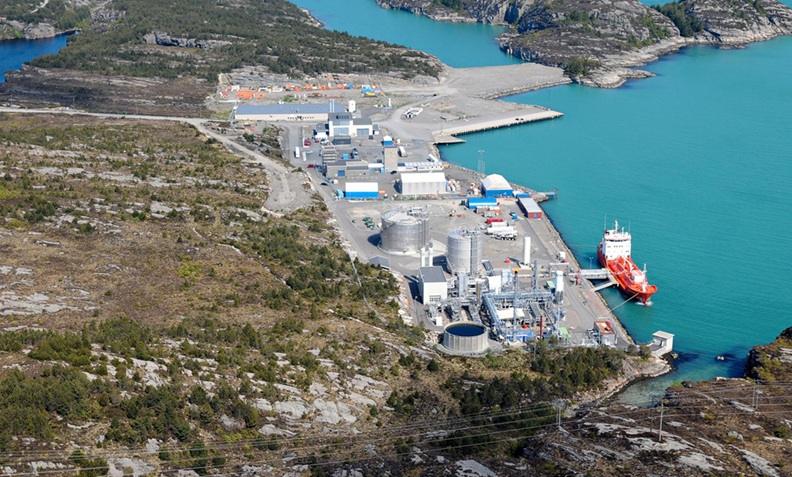Science Based Targets Initiative Launches Emissions Reduction Framework for Financial Institutions
The Science-Based Targets initiative (SBTi) announced that it has launched a science-based target framework and validation service for financial institutions, enabling the companies to receive SBTi validation for their emission reduction goals.
SBTi was formed as a collaboration between CDP, World Resources Institute (WRI), the World Wide Fund for Nature (WWF), and the United Nations Global Compact (UNGC), with the goal to establish science-based environmental target setting as a standard corporate practice. Achieving approval of targets by SBTi is a significant milestone for companies’ sustainability efforts.
To date, nearly 1,000 companies globally have pledged to align their decarbonization plans with the Paris Agreement by adopting science-based greenhouse gas reduction targets, and slightly over 450 companies have had their targets approved by SBTi. With today’s announcement, banks and other financial services companies now have a framework to have their own targets validated.
Cynthia Cummis, SBTi Steering Committee member and Director at World Resources Institute, one of the SBTi partners, said:
“Today’s breakthrough means banks and other financial institutions can better understand and act on the link between their lending and investing activities and real-economy emissions. The finance sector now can, and must, build the bridge to a net-zero emissions economy and enable system-wide improvements based on climate science.
“The SBTi’s framework highlights the power of financial institutions to redirect capital to companies contributing to the low-carbon transition, and away from those that contribute to climate change.”
SBTi reported that 55 financial corporations across several countries have already committed to science-based GHG reduction targets, including Amalgamated Bank in the US, Bank J. Safra Sarasin in Switzerland, the UK’s Standard Chartered, and Eurazeo in France. These institutions will now work with the SBTi to validate their climate targets against current climate science.
The new framework, developed in collaboration with CDP, UNGC, WRI and WWF, emphasizes the vital role of engagement with underlying assets to encourage companies to reduce their emissions and ignite climate action.
Dr. Jan Amrit Poser, Chief Strategist & Head Sustainability at Bank J. Safra Sarasin, said:
“As a pioneer in sustainable investments, we committed to the SBTi early on in 2015. Following our Asset Management’s Climate Pledge to become carbon neutral by 2035, we will pursue a validation based on the Science Based Targets initiative’s framework, to which we contributed a real estate case study. We encourage all other financial institutions to follow and join us on the journey towards net-zero.”
Sophie Flak, Managing Partner in charge of CSR and Digital, Eurazeo, said:
“At Eurazeo we are convinced that investment companies can have a determining impact to accelerate the global transition towards a low-carbon economy. To drive effective action, Eurazeo has committed to set science-based targets for its direct emission and the emissions of its portfolio companies, putting it on the path to become net-zero by 2040 at the latest.”





